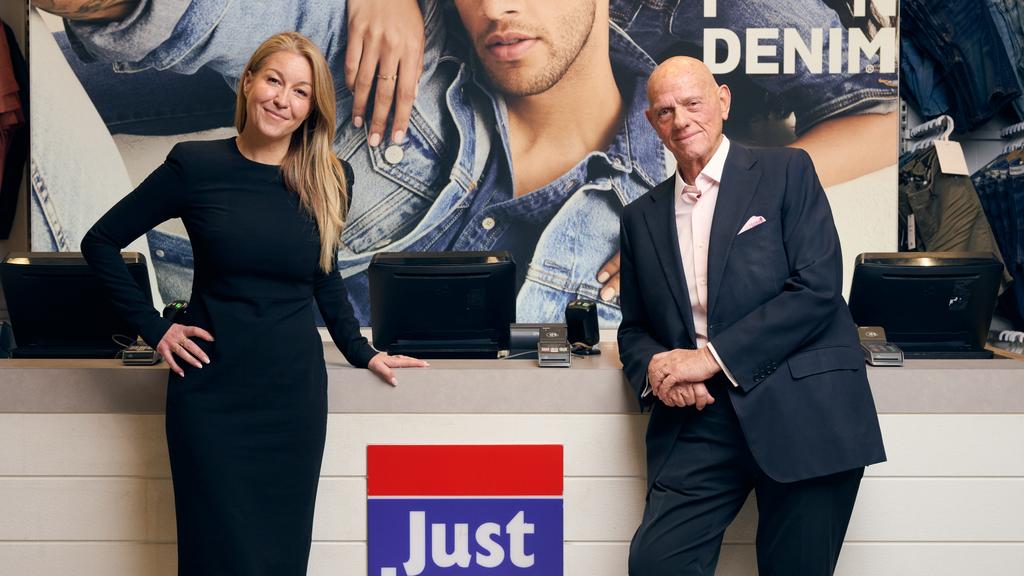
Solomon Lew believes Myer has reached a critical turning point, positioning itself to transform into a retail powerhouse capable of generating $5 billion in annual sales within the coming years.
This follows the approval of an $800 million merger between Myer and Premier Investments, integrating Lew’s Apparel Brands—Just Jeans, Portmans, Jacqui E, and others—into the department store’s operations.
At shareholder meetings held in Melbourne, the deal received overwhelming support.
Premier shareholders voted 99.8% in favor, while 96.2% of Myer shareholders also backed the move.
The transaction significantly expands Myer’s footprint, adding over 700 stores, $82 million in cash, and a workforce of more than 17,300 employees.
With this merger, Solomon Lew emerges as Myer’s largest shareholder, controlling a 26.8% stake.
He is set to join the board next month, returning to a leadership role at Myer after two decades.
While Myer officially purchased the Apparel Brands, the structure of the share-based deal ensures that Premier shareholders hold a 51% stake in the combined company.
Lew views the deal as an opportunity to reshape Myer’s future.
He highlighted his expertise in retail, from profit margins to real estate strategy, and expressed confidence in the merger’s potential to deliver significant growth.
Myer’s current annual sales of $3.3 billion, combined with the contribution from Apparel Brands, are expected to surpass $4 billion, with the ambitious goal of reaching $5 billion within three years.
Key to achieving this target is leveraging Myer’s successful loyalty program, boosting digital sales, and improving margins.
Lew acknowledged that Apparel Brands operates at higher profit margins than Myer, a factor expected to drive profitability post-merger.
The integration also brings Apparel Brands’ leadership team, including CEO Teresa Rendo, and Premier’s property experts to Myer.
Despite some criticism, including concerns over the valuation of Apparel Brands and Myer’s track record with non-core brands, Lew dismissed the worries as temporary challenges.
He emphasized the cyclicality of retail and expressed confidence in the sector’s recovery.
Myer’s executive chair Olivia Wirth also emphasized the strategic importance of the merger, noting its role in strengthening Myer’s product offerings and positioning the company for long-term growth.
She highlighted women’s and children’s apparel as key areas for improvement, aligning with Myer’s broader strategy to adapt to a challenging retail environment.
The merger has reinvigorated Myer’s shareholder base, with over 3,300 individual investors participating in the vote, compared to an average of 1,100 in recent years. With the addition of Premier’s shareholders, Myer’s total shareholder count is expected to exceed 50,000, signaling a new chapter for the iconic department store.
Lew’s vision and the strategic realignment driven by this merger aim to solidify Myer’s position as a leading force in the retail industry, ready to navigate the challenges of a rapidly evolving market.









